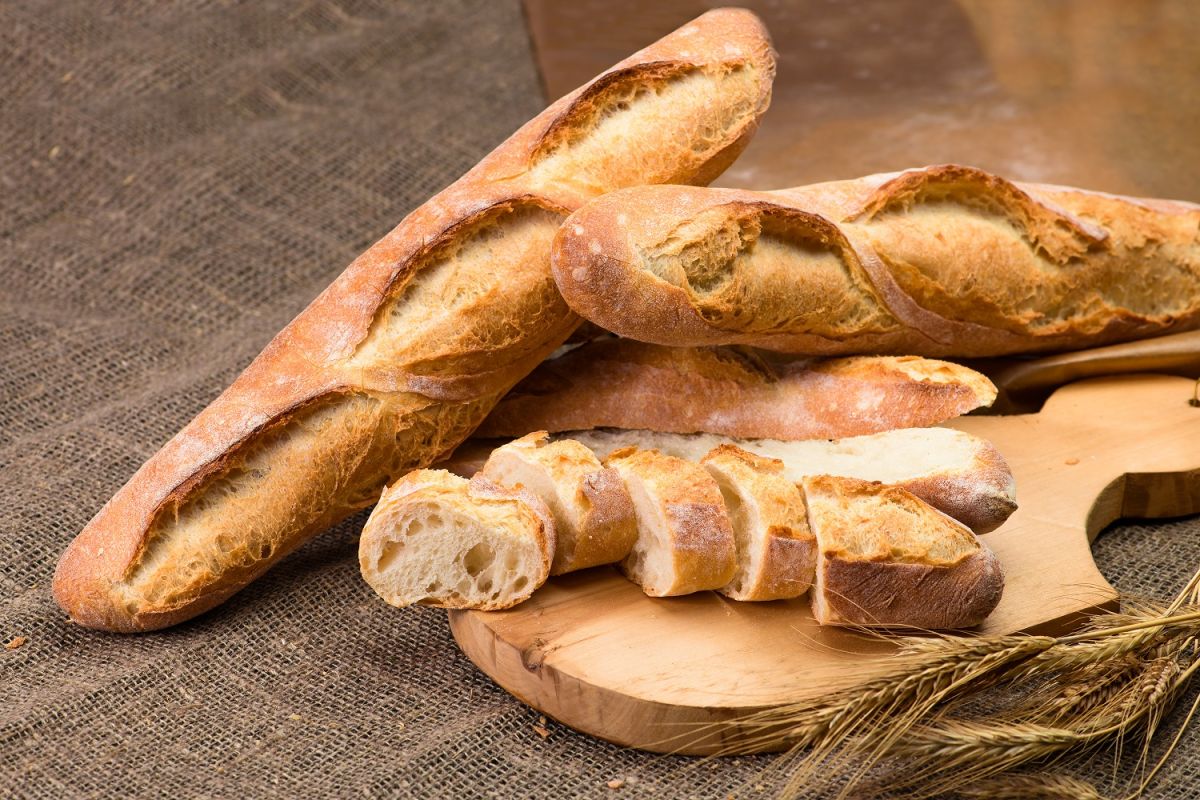The baguette has received UNESCO protection. The craft knowledge and culture of baguette bread, France’s iconic bread is officially part of the “intangible cultural heritage of humanity.”
The long, crusty loaf was described by French President Emmanuel Macron as “320 grams of magic and perfection in our daily lives.”
The United Nations Educational, Scientific and of Culture (UNESCO), defines Intangible Cultural Heritage as “living traditions or expressions inherited from our ancestors and transmitted to our descendants”.
“Unlike other breads, the baguette is made with only four ingredients (flour, water, salt and yeast and/or yeast) of which each baker You get a unique product”, shares UNESCO about the humble French bread that is now in the culinary Olympus.
The baguette requires special skills and techniques. UNESCO describes the traditional production process for the baguette, which involves weighing and mixing the ingredients, kneading, fermenting, dividing, relaxing, hand-shaping, second fermentation, scoring the dough with shallow cuts, and baking.
The United Nations organization points out that the baguette generates consumption patterns and social practices that differentiate it from other breads: a daily purchase that entails regular visits to bakeries.
According to the Associated Press (AP), the French Bread Observatory indicates that every second is sold 2000 baguettes in France, which means that the country consumes around 29 million baguettes each year.
UNESCO points out that the freshness and softness of the baguette offer a special sensory experience. Although the traditional baguette from the traditional bakery would be in danger according to lovers of quality baguettes.
AP reported that “in January, the French supermarket chain Leclerc was criticized by traditional bakers and farmers for its advertised 29 cent baguette, accused of sacrificing the quality of the baguette, which normally costs just over 250 euro cents (just over 1 dollar)”.
The baguette joins other foods and culinary cultures that appear on the Unesco Intangible Cultural Heritage list, such as traditional Mexican cuisine.
“ It is recognition for the community of artisan bakers and pastry chefs,” said Dominique Anract, president of the French bakery organization Confédération Nationale de la Boulangerie-Pâtisserie Françoise.
It may interest you:
–A McDonald’s in Italy has skeletons of 2000 years inside
